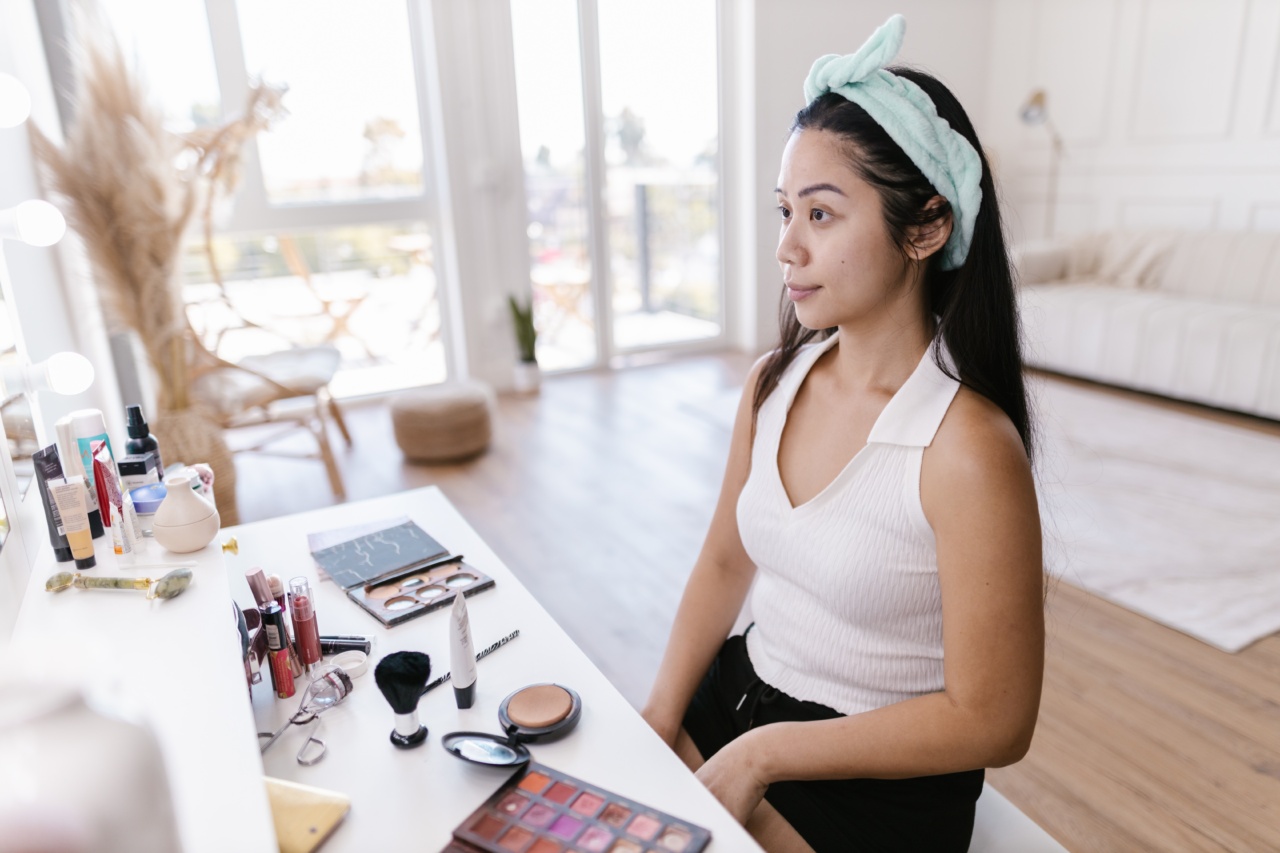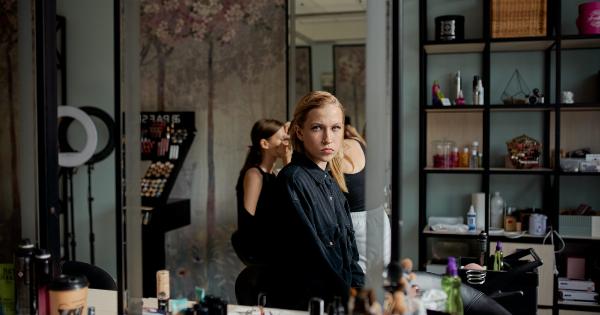People use cosmetics for various reasons – to enhance beauty, cover imperfections, and improve overall skin health. Cosmetics come in different forms like creams, powders, lotions, and serums.
One major factor people consider when buying cosmetics is their longevity. The longevity of cosmetics refers to how long the product will last after opening it. In this article, we’ll compare the longevity of different cosmetic products and what factors contribute to their longevity.
Factors affecting cosmetic longevity
Several factors can affect the longevity of cosmetic products. These factors include:.
Type of cosmetic product
Cosmetic products like eyeliners and mascaras tend to have a shorter lifespan than products like foundations and powders.
This is because eyeliners and mascaras come in direct contact with the eyes and are more likely to get contaminated with bacteria and dirt.
Ingredients
The ingredients used in cosmetic products also affect their longevity. Some preservatives like parabens and formaldehyde-releasing agents can prolong the shelf-life of cosmetic products.
However, these ingredients can cause allergic reactions and may be harmful to the skin. Some natural ingredients like essential oils and plant extracts have short lifespans and may cause products to spoil quickly.
Packaging
The way cosmetic products are packaged can also affect their longevity. Products packaged in airtight containers like pump bottles and tubes last longer because they are less exposed to air and bacteria.
Products packaged in jars and open containers are more prone to contamination and have a shorter lifespan.
Comparing the longevity of different cosmetic products
Foundations
Foundations come in various formulations like liquid, powder, and cream. Liquid foundations typically last up to two years, while powder and cream foundations last up to three years.
The longevity of foundations also depends on their packaging – products packaged in airtight containers last longer.
Eyeliners and mascaras
Eyeliners and mascaras come in contact with the eyes and have a shorter lifespan than other cosmetic products. Liquid eyeliners last for six months, while gel and pencil eyeliners last up to two years.
Mascara lasts for three months before it should be replaced.
Lipsticks
Lipsticks can last up to two years but can spoil quickly if exposed to heat and moisture. Lipsticks packaged in airtight containers like tubes and sticks last longer than those packaged in jars.
Blushes and bronzers
Blushes and bronzers can last up to three years before they should be replaced. These products typically come in powder form, which prolongs their lifespan.
Again, packaging plays a crucial role in their longevity – products packaged in airtight containers tend to last longer than those packaged in jars.
Sunscreens
Sunscreens have a shorter lifespan than other cosmetic products, lasting up to two years. However, their actual lifespan depends on how frequently they are exposed to the sun and heat.
Ways to increase the longevity of cosmetic products
There are several ways to prolong the lifespan of cosmetic products. These include:.
Storing products in a cool, dry place
Heat and moisture can cause cosmetic products to spoil quickly. Store them in a cool, dry place away from direct sunlight.
Using clean brushes and applicators
Contaminated brushes and applicators can introduce bacteria into the product, causing it to spoil quickly. Clean your brushes and applicators regularly with soap and water, and replace them every six months.
Not sharing cosmetic products
Sharing cosmetic products can transfer bacteria and dirt, reducing their longevity. Avoid sharing cosmetic products with others.
Avoiding cross-contamination
Cross-contamination occurs when you use a contaminated brush or applicator on another product. This can cause the product to spoil quickly. Use clean brushes and applicators and avoid touching the product with your fingers.
Conclusion
Cosmetic products have different lifespans, depending on the ingredients, type, and packaging. It’s essential to store them properly, use clean applicators, and avoid sharing them with others to prolong their longevity.
Remember to check the expiration dates of cosmetic products and replace them accordingly.






























